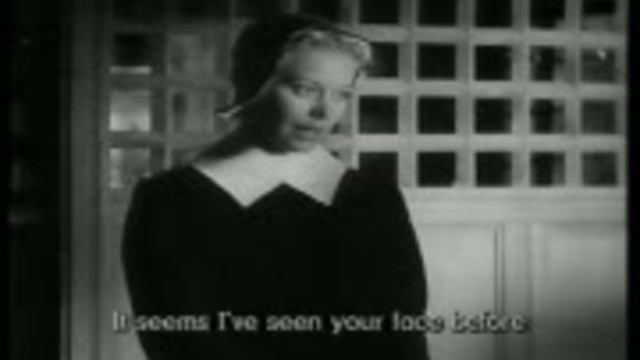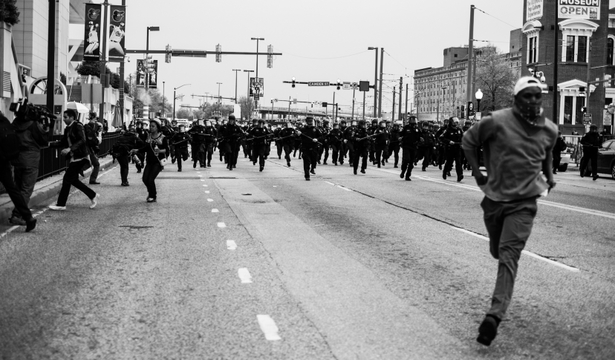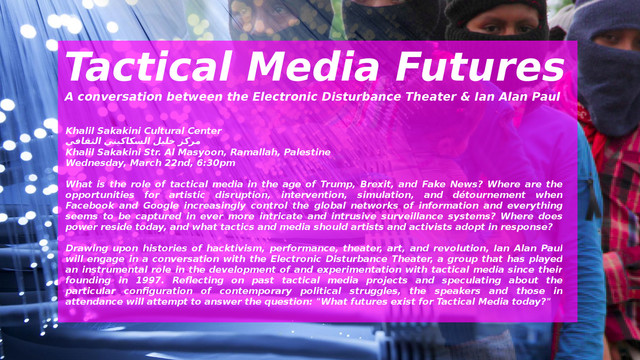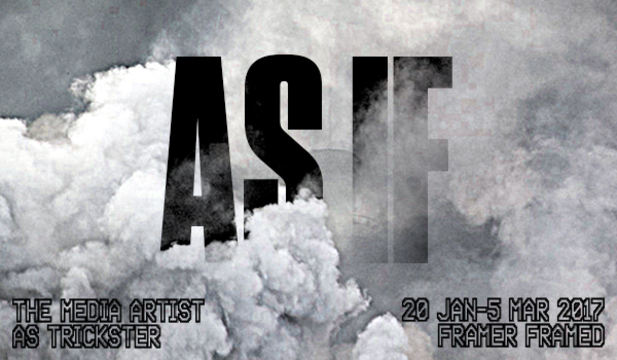Search results for 'art'
Sustainable Models for Creativity
Press Release, February 17, 2011:
Declaration drafted during 4 months by the Free/Libre Culture Forum.
Each year, the FCForum brings together key organisation and active
voices in the sphere of free/libre culture. It responds to the need for
an international arena in which to put together and coordinate a global
framework for action, and to the need to defend and expand the sphere
in which human creativity and knowledge can prosper freely and
sustainably.
Tactical Television in Italy
Overview and manifesto of urban tv movements in Italy
Tactical Media Futures
The Network of Waves
Public Agency in Hybrid Space
Lead-essay for the theme issue "Hybrid Space" of OPEN, Journal for Art and the Public Domain, #11, (Amsterdam / Rotterdam, 2006).
Speed and Information: Cyberspace Alarm!
The twin phenomena of immediacy and of instantaneity are presently oneof the most pressing problems confronting political and militarystrategists alike. Real time now prevails above both real space and thegeosphere. The primacy of real time, of immediacy, over and above spaceand surface is a ~fait accompli~ and has inaugural value (ushers a newepoch). Something nicely conjured up in a (French) advertisementpraising cellular phones with the words: "Planet Earth has never beenthis small". This is a very dramatic moment in our relation with theworld and for our vision of the world.
Read1st Annual #FREEBASSELDAY on March 15
We, the supporters of the #FREEBASSEL project are inviting every person, everywhere to make an event on March 15, 2013 with other people in your city in global solidarity to call for the immediate release of open web advocate Bassel Khartibil. This day is the one year anniversary of the illegal jailing of Bassel Khartibil, well known free internet pioneer, software engineer, teacher, husband, family-man and friend. Bassel is a normal guy, in a bad situation. He is now stuck in a Syrian jail cell where he is not able to directly contribute to his local and global communities. We demand his captors to #FREEBASSEL!
Readmake world paper 2
The World Social Forum, organized twice in Porto Alegre 2001 and 2002, not only prompted a flurry of autonomous self-organization, crossborder organization, and creative media interventions. It also initiated an intense process of analysis and reflection on the tricky question of a 'global' dynamic of self-organization.
ReadParticipationism (re: Re:Group: Beyond Models of Consensus)
From: beka economopoulos
Date: June 10, 2010 6:07:12 GMT+02:00
Subject: [iDC] Participationism (was "why do we need physical campuses")
Hi all,
(...) Below is (one of) the curatorial statement(s) of a show that Not An
Alternative has curated with Upgrade NY! and Eyebeam, called Re:Group:
Beyond Models of Consensus, about the subjects of collaboration and
participation. After constant debate, the curatorial committee never
came to consensus about the thesis for the show, and so we've presented
two distinct positions.
Below is that of our group, Not An Alternative. The opening is
tomorrow, with a curators talk at 5pm, so if you're in NY and you're
ready for a rumble join us there.
Best, Beka
The XYZ of Net Activism
It's time to create the pop stars of activism,
the idoru of communication guerrilla,
it's time to threaten and charm the
masses by the ghosts coming from the
net, to play the myth against the myth,
to be more nihilist than infoteinment!
- etoy -
Interfiction
by ZKP
TRANSLATED MESSAGE:
The global data-network is on everyone's lips. Initiatives that plan
and promote the further extension of the nets in the big style
originate in politics and economy. Goal of this engangement is an
efficiency-oriented and economy- centered utilization of the new
structures of communication. The capacity of these projects is already
proven within a wide range of areas and especially curious people are
working with it yet. However, one can also judge this development
skeptically.
Cybernetics & Entheogenics
Abstract of the lecture by Peter Lamborn Wilson
For the 'Next Five Minutes" Conference, Amsterdam, january 1996
The Becoming Environmental of Power: Tactical Media After Control - Part II
There is a last enterprise that might be undertaken. It would be to seek experience at its source, or rather, above that decisive turn where, taking a bias in the direction of our utility, it becomes properly human experience. (Bergson, 1991: 184).
ReadFuzzy Biological Sabotage
If the left has learned anything from resistance against capital driven technocracy, it is that the democratic process is only minimally useful for slowing the profit machine of pancapitalism. Since corporations and other capital-saturated institutions own the process, and tend to function outside national democratic imperatives, other methods of power appropriation have to be developed. In the case of biotechnology, the resistance is unfortunately in a position of reactivity. Corporations have already infiltrated most governments and markets at such a furious pace that all that can be done is attempt to slow them down, while cells and organizations regroup and decide on a way to address the many problems that have already arisen, and the many potential accidents that are in front of us.
Transcending Post-Communism?
?In Central and (South-) Eastern Europe the cultural landscape has entered the Post-Soros Era, while still awaiting the arrival of the widely expected EU patronage for the arts and the civil sector ?? (from the original description of the ?Enduring Post Communism? panel)
The Watershed in Your Head - Mapping Anthropocene River Basins
Translating the abstraction—and banalities—of the Anthropocene into readable cartography has resulted in many past attempts that often ended up reproducing those same qualities. But, as Brian Holmes asserts in this essay, we seem to have found ourselves in a moment where collaboration, engagement, and new forms of knowledge exchange are breaking that deadlock. Tracing his own involvement with artistic practices that both engage with and attempt to represent a “political ecology,” Holmes explains how the evolving, collaborative cartographic practice that brought the "Mississippi. An Anthropocene River map" into being simultaneously reveals and interrogates the power structures of Anthropocence society.
Read





